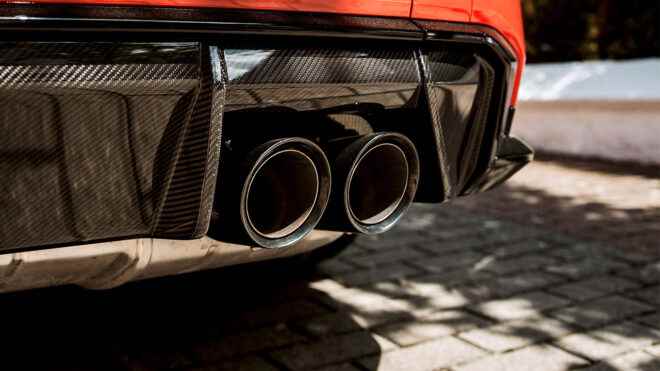European Unionhas not yet fully enacted the issue of diesel and gasoline vehicle ban, which has been on the agenda for a long time.
2035 in the year European Union within their countries “new” It is not desired to sell diesel and gasoline cars. The European Commission, which prepared the regulation with EU countries and European Parliament negotiators, agreed last year that manufacturers should reduce their carbon dioxide (CO2) emissions by 100 percent by 2035. Last month, the process was officially approved and so in the EU The sale of new fossil fuel-powered vehicles has been made impossible for 2035. However, there was an obstacle to the process before it became law last week. output. One of the countries with the strongest automotive industries in Europe Germany And Italyin the process synthetic fuels (Or E-Fuel is a general name given to synthetic fuel produced from water and carbon dioxide using electricity.) He said they wanted protection for him. Therefore, the vote to enact the process is still undisclosed. postponed to a later date. Germany believes it is necessary to open Europe to all technologies, He thinks that internal combustion vehicles can also be made environmentally friendly with suitable fuels. Another supporter has been added to this thread today. Austrian chancellor Karl Nehammer declared his country a “car country” In his political speech on Austria’s vision for the future, which he defined as “if EU leaders vote on this issue,”I will also oppose the ban on internal combustion engines.” said. Nehammer, who does not accept only one future infrastructure here, He was included among the names who had an interesting negative view of the process.
YOU MAY BE INTERESTED
The Italian Minister of Energy argues that vehicles running on renewable fuels should be considered as clean as electric vehicles. However, experts state that this is not exactly the case, and it is reported that the only way for a clean environment is electricity. World automobile giant Honda synthetic fuels It states that it will continue to offer internal combustion vehicles until 2040. Even if the ban in Europe is finalized, it seems that it will have to wait for a longer time for all-electric transportation in other countries.
The plans for 2035 are good, but many people / companies still think that the date should be moved earlier (Polestar and Rivian recently discussed this. issued a joint statement). because now almost every vehicle can be found in electric version, even electric versions of some very specific construction equipment are commercially available. In this period when global warming seriously shows its effect, waiting for 2035 is not considered very logical by most people. The EU wants to prevent automobile companies from making a loss with its long-term decision, but some sacrifices must be made in the process.
